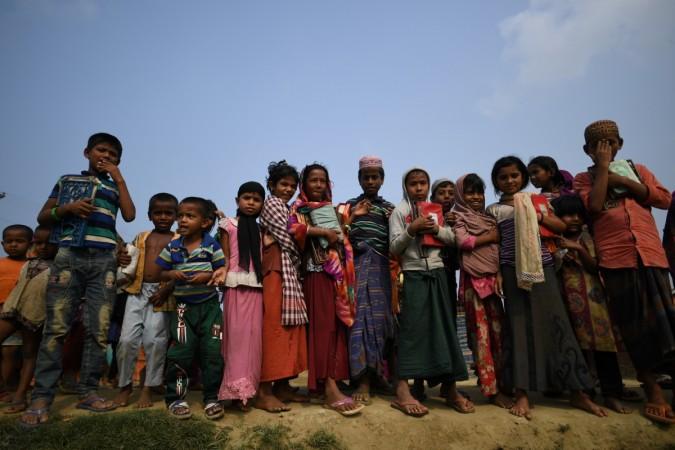
Myanmar's handling of its Rohingya Muslims, 700,000 of whom have fled to Bangladesh amid a brutal counterinsurgency campaign, could have been handled better, Nobel Peace Prize laureate and leader Aung San Suu Kyi said Thursday, September 13.
According to a report in Fox News, Myanmar is facing international pressure over atrocities allegedly committed by its military in the crackdown that followed August 2017 attacks by Rohingya militants on security forces. The army is accused of committing mass rape, killings and setting fire to thousands of homes.
"There are of course ways in which with hindsight I think the situation could have been handled better," Suu Kyi said, responding to questions during a one-on-one discussion at the World Economic Forum's regional meeting in Hanoi.
She still defended Myanmar security forces, saying that all groups in western Rakhine state had to be protected. "We have to be fair to all sides," Suu Kyi said. "The rule of law must apply to everyone. We cannot choose and pick."
A report in The Indian Express stating Suu Kyi as saying that the situation was complicated by the myriad ethnic minorities in the area, some of which are at risk of disappearing entirely and which include not just the Muslims and Rakhine Buddhists.
Although the violence in Rakhine state has eased, Myanmar has to deal with its aftermath, especially the repatriation of the Muslim Rohingya who fled and the underlying causes of tension that makes them targets of discrimination and repression in overwhelmingly Buddhist Myanmar.
Suu Kyi said that Myanmar is prepared to take those who fled back, but their return has been complicated by the fact that two governments are involved. Aid workers say conditions for a safe and orderly return of the refugees have not been met.
Phil Robertson, deputy Asia director for Human Rights Watch, said that Suu Kyi was mistaken in saying the case was handled in accordance with the "rule of law."
"She fails to understand that real 'rule of law' means respect for evidence presented in court, actions brought based on clearly defined and proportionate laws, and independence of the judiciary from influence by the government or security forces," he said in a statement.

















